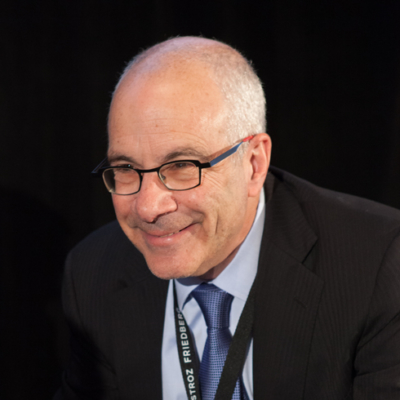Does Dodd-Frank Override Morrison v. NAB? Law Profs Tell SCOTUS No
Summary
In June, a long-simmering – but mostly theoretical – debate over the implications of a securities-law provision of the Dodd-Frank financial reform act came to the U.S. Supreme Court. On Monday, five prominent securities law professors urged the justices to take up the case.
Charles Scoville, who managed an internet advertising firm that sold investors a share of its purported revenue along with advertising services, was sued by the Securities and Exchange Commission for running an alleged Ponzi scheme. Scoville argued (among other things), that almost all of his investors were based overseas, so under the U.S. Supreme Court’s 2010 decision in Morrison v. National Australia Bank (130 S.Ct. 2869), which limited the extraterritorial reach of U.S. securities laws, the SEC couldn’t hold him liable.
…
Instead, the Scoville petition focuses on the Supreme Court’s interest in proper statutory interpretation, and on enforcing the distinction between jurisdictional and merits rulings. Scoville and his lawyers received a big boost Monday from an amicus brief by law professors Joseph Grundfest of Stanford, Todd Henderson of Chicago, Jonathan Macey of Yale, Richard Painter of Minnesota and Adam Pritchard of Michigan. The professors elaborated on Scoville’s argument that the 10th Circuit committed a fundamental mistake by essentially rewriting the text of Dodd-Frank’s jurisdictional provision to address what the appeals court discerned to be Congress’ true goal of reversing Morrison.
…
“Because the 10th Circuit panel exceeded its constitutional bounds,” the amicus brief said, “this court’s review is necessary to restore the proper balance of power between the branches of government.”
Read More
